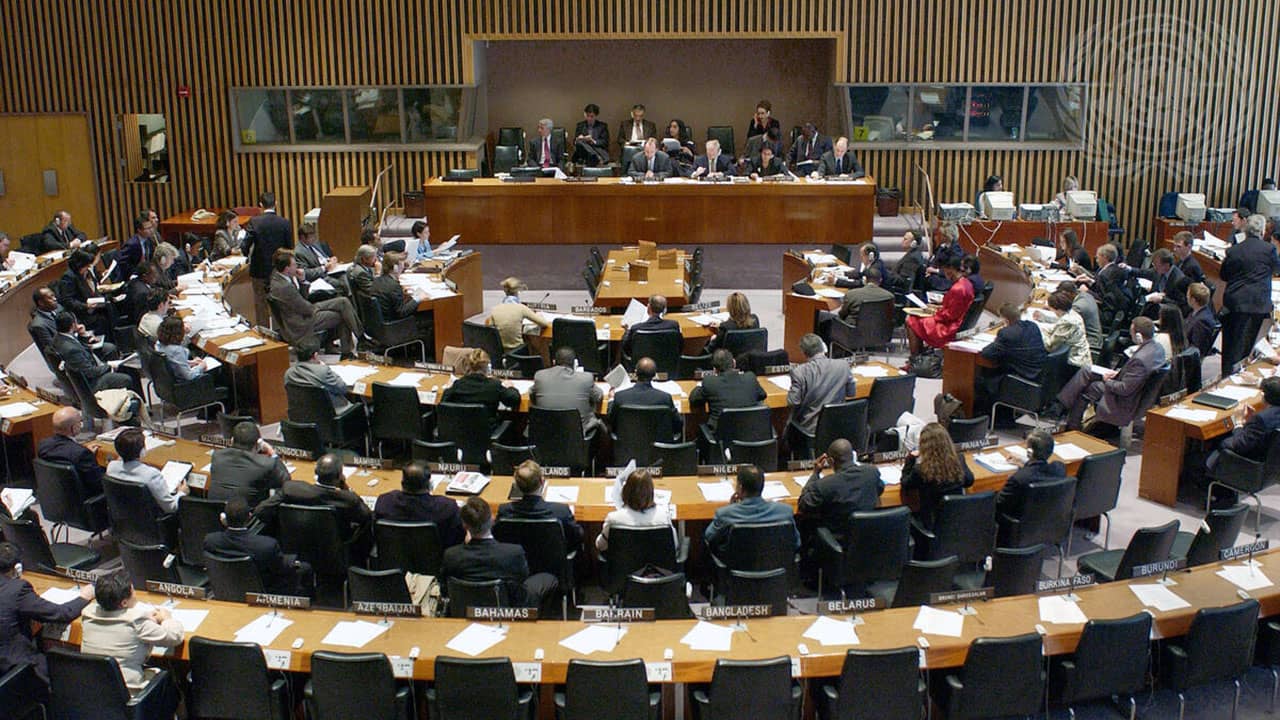Rome Statute
Estonia signed the Rome Statute on 27 December 1999 and deposited its instrument of ratification of the same Statute on 30 January 2002.
Kampala Amendments of 2010
Estonia ratified the Kampala amendments as the 5th state on 27 May 2013, after the participation of an Estonian delegation at the Review Conference in Kampala.
Status on the domestic implementation of the Rome Statute
Estonia enacted legislation on cooperation with the ICC in 2001 and legislation implementing the crimes of the Rome Statute in 2002. However, the crimes definition does not cover all conduct criminalized by the Rome Statute.
Agreement on Privileges and Immunities of the Court (APIC)
Estonia signed the APIC on 27 June 2003 and ratified it on 13 September 2004.
Additional Agreements
Estonia is a member of the European Union (EU) and a signatory of the revised EU-ACP Cotonou Agreement, both having made compromises in order to promote the ratification and implementation of the Rome Statute. For more information on the work of PGA within the European Parliament and the ACP-EU mechanism, click here.
Estonia is furthermore a State party to the Council of Europe, for more information on the work of PGA within the Parliamentary Assembly of the Council of Europe, click here.
Progress and Action
Human Rights Council Universal Periodic Review:
During the 19th session of the UPR in 2014 Estonia made 10 recommendations to other states about the ICC. Estonia itself will be reviewed during the 23rd session of the UPR in 2016 (second cycle).










